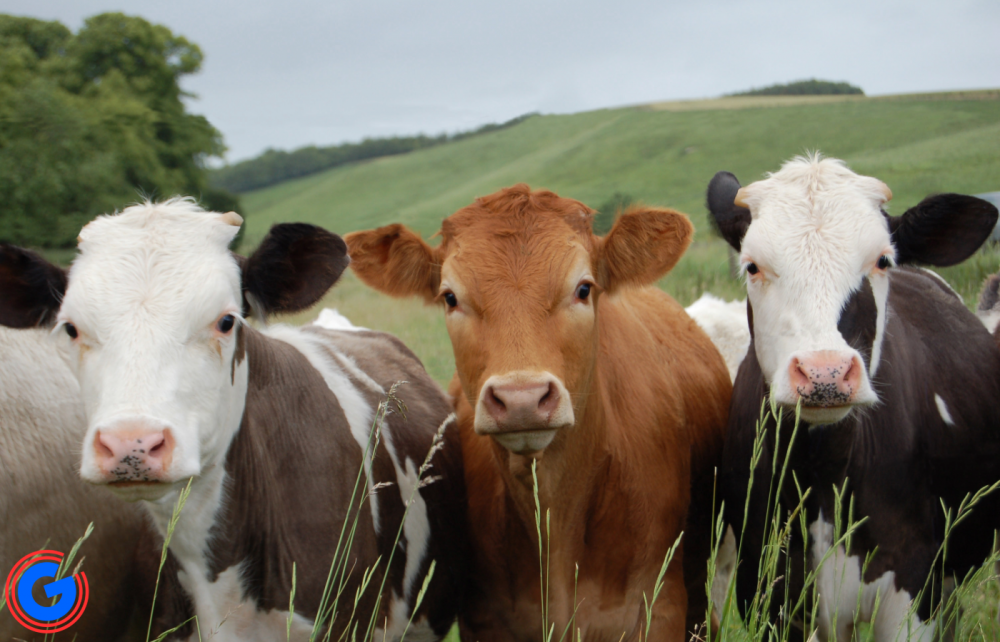Tennessee - In recent developments, a concerning issue has emerged affecting older dairy cows in regions across Texas, Kansas, and New Mexico. Recent test results have identified the condition as highly pathogenic avian influenza (HPAI), suspected to be spread by wild birds.
Although no reported detections of HPAI in cattle have been noted in Tennessee, authorities are actively monitoring the situation. The Animal Health Division is collaborating with veterinarians in Tennessee to collect any reports of illness. Notably, the impacted cattle have primarily been older dairy cows.
Despite the alarming nature of the outbreak, the United States Department of Agriculture (USDA) has assured the public that there is no threat to human health. Additionally, milk and dairy products remain safe for consumption due to routine testing and established protocols.
The key message reiterated by authorities is the importance of maintaining strong biosecurity measures and promptly notifying veterinarians of any signs of illness in animals. It is recommended to quarantine new animals for at least two weeks before introducing them to an established herd as a precautionary measure.
Clinical signs of HPAI in dairy cattle can include a decreased herd-level milk production, an acute sudden drop in milk production, decreased feed consumption/appetite, abnormal feces, and in some cases, fever.
For farmers and individuals involved in dairy production, it is crucial to be vigilant and proactive. If any dairy cattle within a herd exhibit clinical signs of HPAI, immediate reporting is encouraged. Reports can be made to local veterinarians, the State Veterinarian’s Office at 615-837-5120, or the USDA Animal and Plant Health Inspection Service at 1-866-536-7593.
In light of these developments, stakeholders are urged to remain informed, implement preventative measures, and collaborate closely with veterinary authorities to mitigate the spread of HPAI and safeguard the well-being of dairy cattle.





